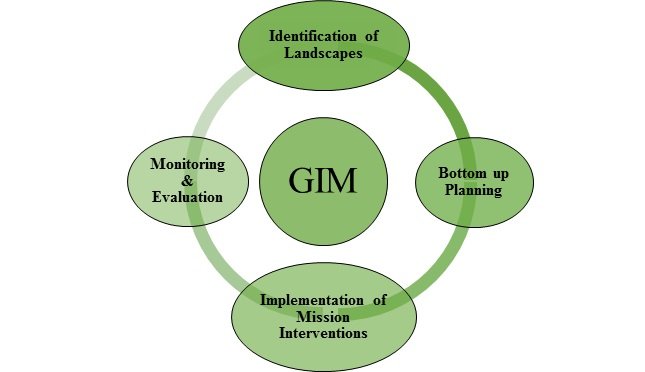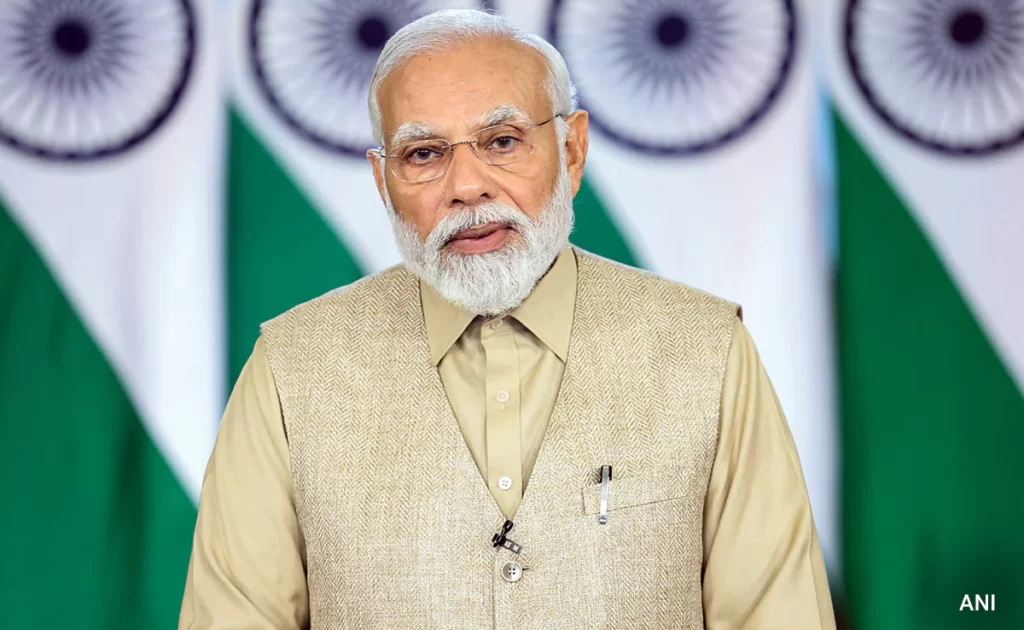In recent years, the global community has increasingly recognised the urgency of addressing climate change and environmental degradation. In this context, Indian Prime Minister Narendra Modi has been a vocal advocate for sustainable development and has laid out a bold vision for a greener, more eco-friendly India. Central to this vision is the promotion of renewable energy, conservation of natural resources, and the adoption of innovative technologies to reduce carbon emissions. One such technology that aligns seamlessly with PM Modi’s vision is Near Field Communication (NFC) business cards, which hold the potential to revolutionise networking practices while contributing to environmental conservation efforts.
PM Modi’s commitment to building a green India stems from his belief that economic growth and environmental sustainability are not mutually exclusive. Instead, he envisions a future where India’s rapid development is achieved in harmony with nature, preserving the country’s rich biodiversity and ensuring a better quality of life for future generations. To realise this vision, the government has launched ambitious initiatives such as the National Solar Mission and the Clean India Campaign, aimed at promoting clean energy adoption and improving sanitation and waste management practices nationwide.
In this context, NFC technology emerges as a game-changer in promoting sustainability in business practices. NFC-enabled business cards are digital alternatives to traditional paper cards, allowing users to exchange contact information and other data wirelessly with a simple tap of their smartphones. By eliminating the need for paper-based cards, which contribute to deforestation and waste generation, NFC business cards align perfectly with PM Modi’s vision for a cleaner, greener India.
The environmental benefits of NFC business cards are manifold. Firstly, they significantly reduce paper consumption, thereby conserving precious forest resources and mitigating the carbon footprint associated with paper production and disposal. According to estimates, a single tree can produce approximately 8,333 sheets of paper, and by transitioning to digital alternatives like NFC cards, businesses can play a significant role in reducing the ecological footprint.
Moreover, NFC business cards are highly durable and reusable, unlike their paper counterparts, which often end up in landfills after a single use. This durability not only minimises waste generation but also translates into cost savings for businesses in the long run, as they no longer need to continuously replenish their stock of paper cards.
Additionally, the adoption of NFC technology promotes efficiency and convenience in networking practices. With NFC-enabled smartphones becoming increasingly prevalent, exchanging contact information via digital cards is quick, seamless, and hassle-free. This not only enhances the professional image of businesses but also fosters a culture of innovation and adaptability, in line with PM Modi’s vision of leveraging technology for sustainable development.
Furthermore, the widespread adoption of NFC business cards can serve as a catalyst for broader digital transformation initiatives across various sectors of the economy. By embracing digital alternatives in everyday business operations, organisations can streamline processes, reduce overhead costs, and enhance productivity, ultimately contributing to India’s transition to a digital economy.
In conclusion, PM Narendra Modi’s vision for a greener India emphasises the importance of sustainable development and the adoption of innovative solutions to address environmental challenges. NFC business cards represent a tangible manifestation of this vision, offering a sustainable alternative to traditional paper cards while promoting efficiency and digitalisation in networking practices. By embracing NFC technology, businesses can not only reduce their environmental footprint but also contribute to India’s journey towards a more prosperous and sustainable future.


